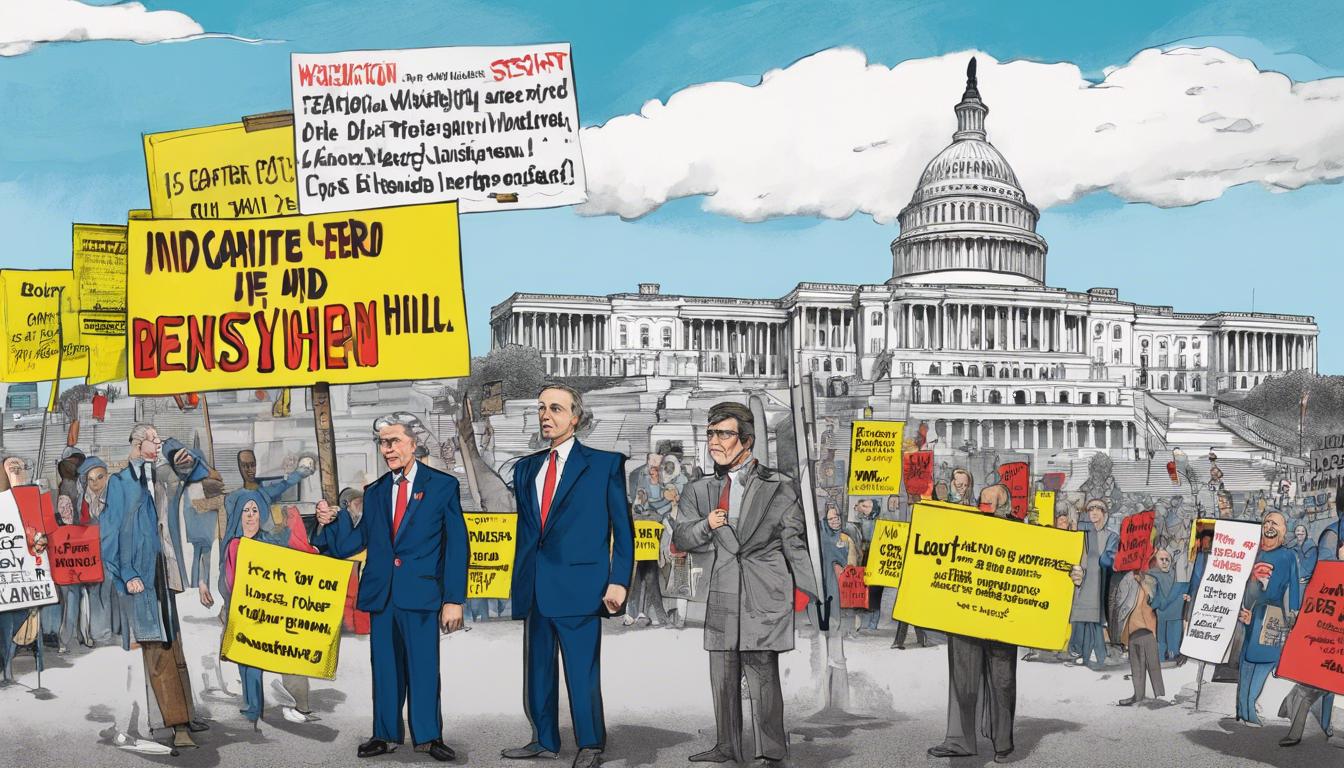Lord Cameron, the UK Foreign Secretary, faces scrutiny over the UK’s arms exports to Israel during his visit to Washington, following recent tragic events in Gaza, including the deaths of British aid workers. Amidst internal dissent in the US and calls for an arms embargo, international relations are tested.
Lord Cameron, the UK Foreign Secretary, is due to answer questions regarding the UK’s arms exports to Israel during his visit to Washington, following the recent deaths of seven aid workers in Gaza, which included three British nationals. He is expected to condemn the deaths as ‘unacceptable’ and seek changes in discussions with US Secretary of State Antony Blinken. Despite the UK government’s support for Israel’s right to self-defence, there are calls for more transparency and accountability in its arms export policies. This debate is amidst Cabinet divisions and calls from the Liberal Democrats for the government to consider an arms embargo on Israel.
Simultaneously, the US State Department is experiencing significant internal dissent regarding the conflict in Gaza, with a notable increase in dissent memos critiquing the Biden administration’s support for Israel. This internal opposition underscores the complexities within the US’s stance towards the conflict.
Additionally, tensions between the US and Israel have escalated following Israeli Prime Minister Benjamin Netanyahu’s announcement of plans to invade Rafah in Gaza. This move has met with criticism from Democratic Senators, including Bernie Sanders, who have urged President Joe Biden to reconsider US aid to Israel. Despite these tensions, Biden is on course to approve significant arms sales to Israel, even as some senators warn of potential backlashes and international scrutiny over Israel’s actions in Gaza.
These developments highlight the intricate balance of international relations, ethics, and internal and external pressures facing both the UK and US governments regarding the situation in Gaza and their respective policies towards Israel.













